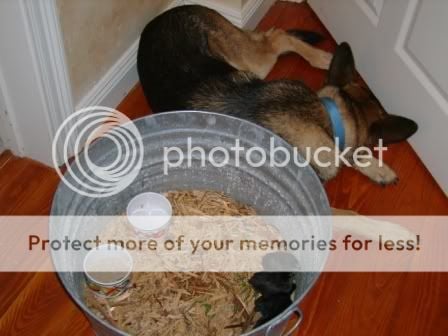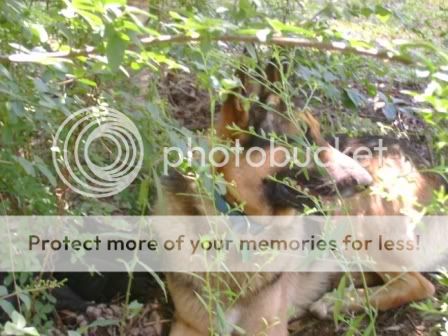Good points, Cara. I always tell clients who are dog-shopping to first consider the original purpose for which the breed was developed. That will give you a good idea of what traits the dog will carry. That is the point of the purebred dog. Believe it or not, selecting for certain traits in a breed for hundreds of years actually does make a difference.
Yes, there will always be exceptions. Individual dogs that don't meet the breed standard for whatever reason. In general, these should be the exception rather than the rule... if breeders are doing their job.
No matter what breed is discussed, when I (or someone else) posts that a breed has certain traits... someone will get up in arms and post that THEIR _(insert breed here)_ is a GREAT _(insert whatever is being discussed)_. Doesn't mean that if you get a Japanese Fighting Dog that it will turn out to be as dog-friendly as Uncle Roger's.
So like Cara said, if you want a dog for a particular job, start looking at breeds that were developed specifically for that job. And PLEASE check health certifications. It might seem like a good idea to save a little money upfront, but hip replacement, a lifetime of thyroid or seizure meds, etc is much more expensive in the long run. So many inherited diseases you can't see just by looking and don't show symptoms in a 2 yr old dog. Without the xrays, blood tests, eye exams... you might never know until its too late.
Yes, there will always be exceptions. Individual dogs that don't meet the breed standard for whatever reason. In general, these should be the exception rather than the rule... if breeders are doing their job.
No matter what breed is discussed, when I (or someone else) posts that a breed has certain traits... someone will get up in arms and post that THEIR _(insert breed here)_ is a GREAT _(insert whatever is being discussed)_. Doesn't mean that if you get a Japanese Fighting Dog that it will turn out to be as dog-friendly as Uncle Roger's.
So like Cara said, if you want a dog for a particular job, start looking at breeds that were developed specifically for that job. And PLEASE check health certifications. It might seem like a good idea to save a little money upfront, but hip replacement, a lifetime of thyroid or seizure meds, etc is much more expensive in the long run. So many inherited diseases you can't see just by looking and don't show symptoms in a 2 yr old dog. Without the xrays, blood tests, eye exams... you might never know until its too late.





